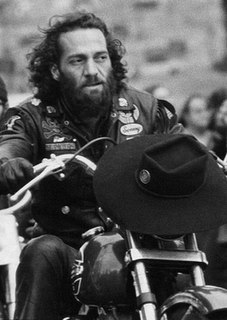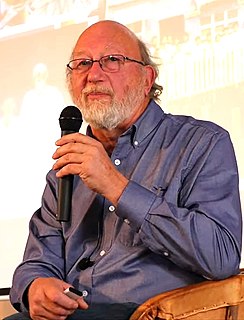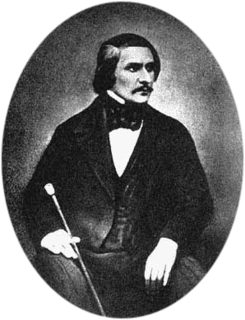A Quote by Dalai Lama
When we think carefully, we see that the brief elation we experience when appeasing sensual impulses may not be very different from what the drug addict feels when indulging his or her habit. Temporary relief is soon followed by a craving for more. And in just the same way that taking drugs in the end only causes trouble, so, too, does much of what we undertake to fulfill our immediate sensory desires.
Quote Topics
Related Quotes
I don't feel drugs should be illegal. I don't think people should take drugs every day, but I don't see any difference with people taking drugs like they drink. Take drugs on Saturday night and go to a party and have a good time and have somebody drive you home or whatever it is so you don't hurt anybody else, that's fine. But if you wake up Monday morning and take 'em again you're a drug addict. But, they should be legal.
The one who has the little need is the one who controls the whole relationship. You can see this dynamic so clearly because usually in every relationship there is one who loves the most and the other who doesn’t love, who only takes advantage of the one who gives his or her heart. You can see the way they manipulate each other, their actions and reactions, and they are just like the provider and the drug addict.
It doesn't have the ability to think rationally this economic model. It thinks like a drug addict: 'Where can I get my next fix?' It doesn't learn wisely. Any kind of measure of natural wisdom would be: you make a mistake, you correct it the next time around. But a drug addict feels terrible... and then says: 'I want more'. Unfortunately we have an economic model that thinks like a crack addict.
Buddhism doesn't promise to fulfill our desires. Instead it says, 'You feel unfulfilled? That's okay. That's normal. Everybody feels unfulfilled. You will always feel unfulfilled. There is no problem with feeling unfulfilled. In fact, if you learn to see it the right way, that very lack of fulfillment is the greatest thing you can ever experience.' This is the realistic outlook.
Christianity only hopes. It has hung its harp on the willows, and cannot sing a song in a strange land. It has dreamed a sad dream, and does not yet welcome the morning with joy. The mother tells her falsehoods to her child, but, thank heaven, the child does not grow up in its parent's shadow. Our mother's faith has not grown with her experience. Her experience has been too much for her. The lesson of life was too hard for her to learn.
Students who have attended my [medical] lectures may remember that I try not only to teach them what we know, but also to realise how little this is: in every direction we seem to travel but a very short way before we are brought to a stop; our eyes are opened to see that our path is beset with doubts, and that even our best-made knowledge comes but too soon to an end.
Looking at the data and at my drug use and evaluating it carefully just let me see that I wasn't special, but my drug use challenged what I thought about cocaine. Because I would accept when I would say, "What happened to that person?" and someone would say, "They started using cocaine...they went downhill..." I would just accept that, even though I had a different experience and all these other people had a different experience. But I would throw that out because I thought my experience was an aberration.
Too many people believe they can control their drug of choice. But the drug is almost always in control. If an addict truly wants help, it is available, but it is a rocky path. The monster always calls. Never give an addict money. Clothe them. Feed them. But enabling them is the quickest path to watching them fade away completely. This may seem harsh. But I've watched my own child relapse, after six years sober. I love her. Always. But I can't help her die.









































